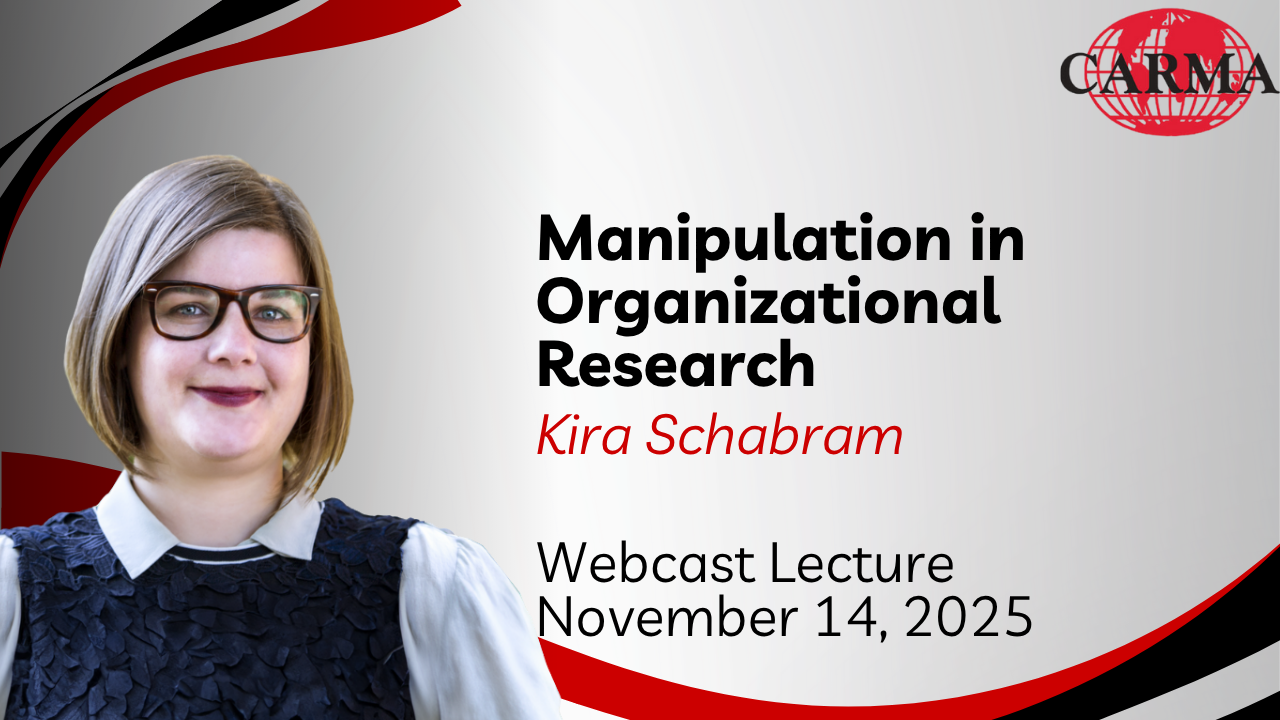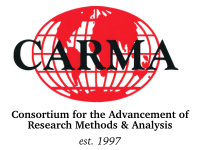While other applied sciences (e.g. medicine) embrace different types of manipulation designs, organizational scholarship has not. This course unpacks how our field came to adhere to ‘true experiments’ as the one proscriptive standard and introduces participants to a broader available toolkit. Together, we will touch on three topics. First, we will define and distinguish the different ways that manipulations can be deployed, analyzed, and interpreted in support of hypotheses, focusing on two archetypes─ treatments and primes that differ in whether the manipulation itself is of theoretical interest─ and their creative derivations (e.g., interventions and invariant prompts). Second, we will review each type’s current prevalence and usage in our field. Third, we will conclude with a discussion of the costs and benefits of each and a summation of best practices. Following Schabram, Myers, and Hardin (in press), this course highlights that researchers have more options than they may realize when it comes to manipulation designs but each choice requires different claims of accuracy and causality.

This event has passed.


